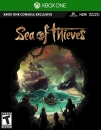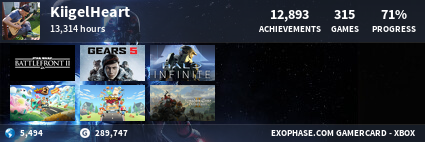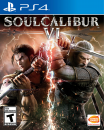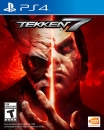I think you guys are missing out on the bigger picture with Series S. Yes, it is selling very well and really helped out with the pandemic caused chipset shortage, but you have to remember that a pandemic of this magnitude is rare, chances are one won't be around to boost an entry level console next-gen. For all the positives associated with Series S this gen, there are also alot of negatives associated with Series S:
- The more it sells, the more we move to an all-digital future. An all-digital future is something none of us should want. You never own digital games, so your access to them can be revoked at any point. You can't resell them used to get some quick cash that you need to buy another game you want. Digital game sales are significantly rarer than physical game sales (and this will never change, due to most physical game sales being initiated by retailers trying to clear up space on their shelves and in their backrooms/warehouses, not by the publishers themselves) and those rarer digital sales we do get often have smaller discounts than comparable physical sales. A dying physical market is costing retail jobs as well.
- Physical retail presence in non-core Xbox markets is insanely important, but Xbox is never going to be able to attain that retail presence as long as an all-digital entry level console exists. Take Japan for instance, Xbox had great physical retail presence there with Xbox 360, most games got a physical release and Xbox had lots of shelf space in stores, and had shelf space even in smaller, more rural retail stores. All of that was lost during the Xbox One generation due to it's failure in Japan. Xbox has managed to rebuild some of that lost retail presence in Japan this gen, but it is almost exclusively in large retailers in urban areas, smaller retailers still aren't carrying Xbox Series like they did Xbox 360. Why? Well, because S is the model being pushed there primarily, publishers are refusing to release physical games for Xbox Series (it's my understanding that to date, Xbox Series has only received like 15 physical games in Japan in 2 years on the market). Because there are no physical games to stock on the shelves in Japan, the smaller retailers in smaller cities and more rural areas of Japan just don't stock Xbox Series at all, "why waste valuable shelf space on an Xbox section if all we will sell is consoles and a handful of digital code cards" they think. And we're looking at a similar situation in many other smaller markets, not just Japan. Playstation will continue to dominate Xbox in these markets unless something is done about these issues.
- Xbox Series S will increasingly be seen as an anchor holding back development by devs over the course of this generation. While the stories about developers currently seeing it as an anchor are being overblown by the gaming media, we are still in the cross-gen period, we're seeing games that have to run on the much weaker Switch, PS4, and XB1 still, so of course Series S isn't seen as the anchor on development currently, by any except a handful of devs, primarily indies who just aren't good at the technical aspect of making games. However, all of this is going to change once last-gen support is dropped, when that happens either Series S or Switch 2 will be the weakest platform planned to be supported by developers depending on the game, and Series S will inevitably start to be seen as more and more of an anchor. Year by year over the course of what is shaping up to be a long, 8-9 year generation, Series S will be seen as starting to drag down development. This will especially be the case when/if the 3rd "Pro" console releases for Xbox, devs will then be expected to try and optimize games for 3 different Xbox platforms, ranging from 4 tflop and 10 GB of RAM at the low end on S, all the way up to probably 18 tflop and 24 GB of RAM on the high end "Pro" Xbox released in ~2025, and when that happens, many devs will be annoyed.



































































